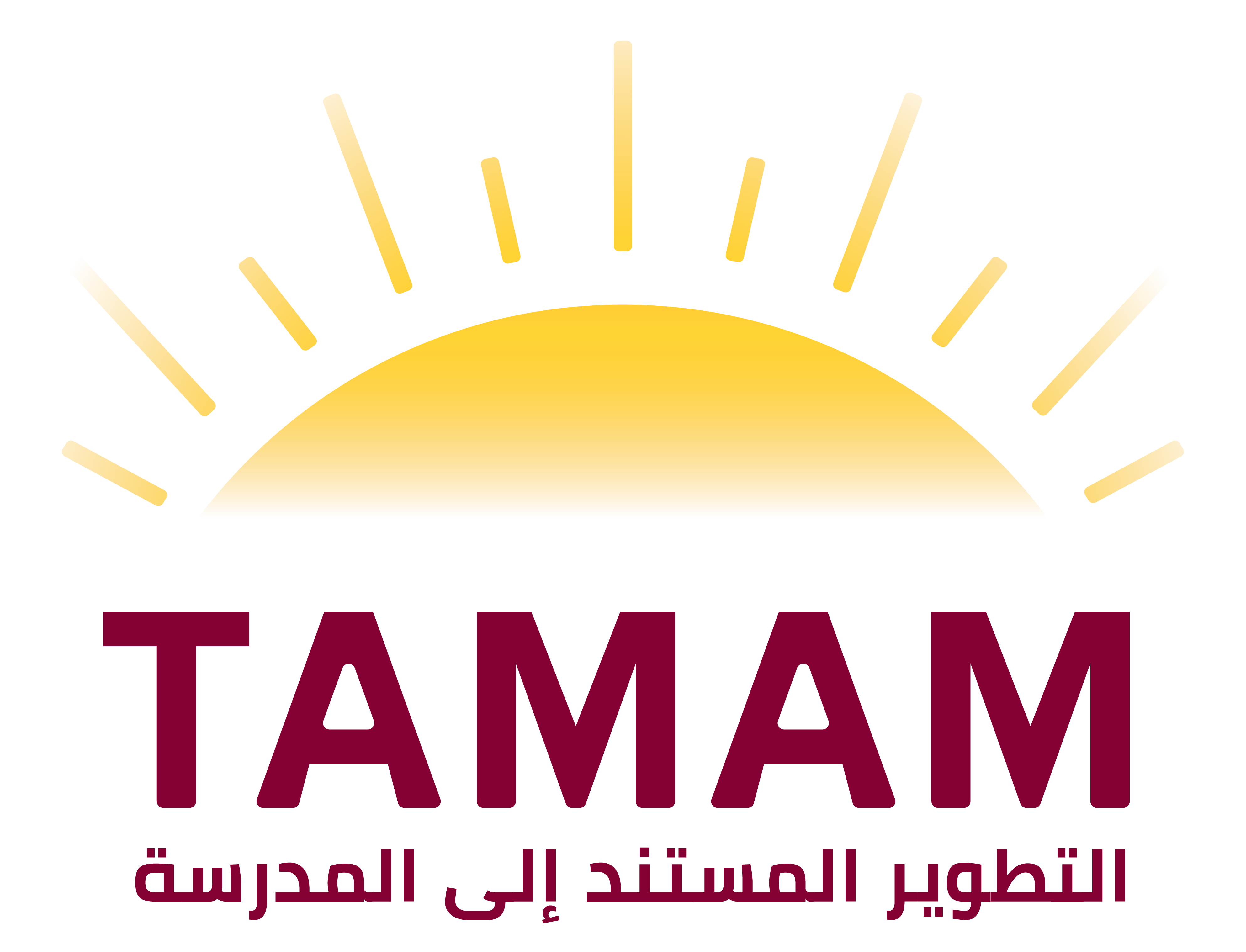Karami-Akkary, R., Katerji, R.M., Sarrieddine, D., Katerji, R.R. (2021), Sustaining School Improvement post the Pandemic: Teachers Empowerment for Leading Learning. Virtual Conference: Leadership for learning in disruptive times (COVID 19). College of Education, Sultan Qaboos University, Oman.
Abstract
The Covid 19 pandemic revealed the depth of the educational crisis afflicting the education sector in the Arab countries and the weakness in the readiness of most schools in facing the challenges. The crisis has left thousands of students completely deprived of learning opportunities for periods, and in some cases, it has extended to the whole school year. Despite the global reach of this crisis, it has heavily weighed on the Arab educational systems, which are steeped in their stereotype and which are not keeping pace with the latest practices discussed in the educational research, particularly with regard to effective teaching methods. And despite some bright spots in some Arab countries, teachers have mostly faced the consequences of this pandemic with a sense of helplessness and panic over the future of their students and schools. With this reality, as the world prepares to re-frame the future of the educational process post-pandemic, Arab educators need to think about the effectiveness of the conceptions of our educational systems, particularly those dealing with the role of teachers and the tasks assigned to them in the school improvement process. Many academic researchers have agreed that leading learning and building leadership capacity in the school are directly related to learning effectiveness and student achievement as well as achieving sustainable school improvement (Darsh, 2001; Dorias, 2010; Lynn, 2002; Lethwood and Gantzi, 2005). Many school improvement initiatives in recent decades have focused on building teachers’ leadership capacities as a mean to achieve sustainable school-based improvement and have considered them as an essential pillar for the success of any reform initiative (Danielson, 2007; Dorias, 2010; Hilterbrunn, 2010; Katzenmayer and Muller, 2009). In this context, the definitions of effective leadership have varied, but it was linked to the concept of participatory and distributive leadership that transcend the authority of the position and gives the teacher opportunities to engage in different leadership roles in the school regardless of his /her job position. Consequently, the concept of leadership evolved to become within the scope of the teacher’s professional identity and extended this identity beyond the classroom. Hence, the teacher becomes a contributor in the process of leading learning in the school (Frost, 2012; Hallinger, 2010).
The conference presentation discussed the results of a research study on the experience of four schools participating in the TAMAM project in facing the consequences of the pandemic and the nature and impact of the role played by lead team members as leaders of the learning and school-improvement processes. This research addressed two questions: What are the competencies that helped teachers in these schools to lead learning during this crisis? What is the impact of investing these competencies during this phase on the academic process and on the learning of students?
TAMAM is a research and development project that aspires to establish an educational movement in the Arab world aimed at transforming the school into a self-innovative institution with a reservoir of leadership capabilities for sustainable change and innovation. TAMAM activities involve a Capacity Building Program that aims at enabling practitioners to gain leadership competencies that enhance their leadership capacities and increase their commitment and motivation to engage and lead the school-based improvement process.
As for the sources of data for this research, the existing data was addressed through individual and collective communication that occurred with members of the TAMAM leadership teams in these schools during this phase and referred to all documented data within the activities of the TAMAM project. The data was qualitatively analyzed. Results showed that the schools that had participated in the TAMAM project showed high readiness to manage this crisis and to invest in the challenges for inducing change. It turns out that this readiness is because these schools have built leadership capacity to manage change and display innovation as a result of their teachers undergoing systematic training provided by the project that empowers them to act as leaders of change and to use their collective expertise to lead learning and sustain school-based improvement. The presentation of this research ended with recommendations at the research level and at the practice level in regard to school and educational policies to invest in the lessons learned from this crisis to achieve sustainable educational reform in the Arab region.
